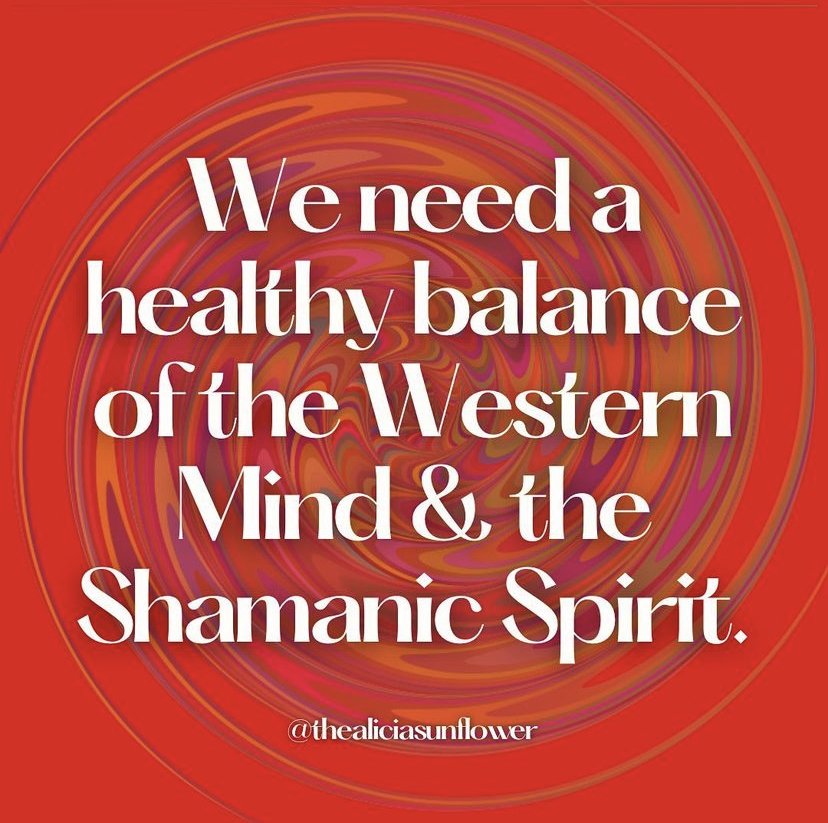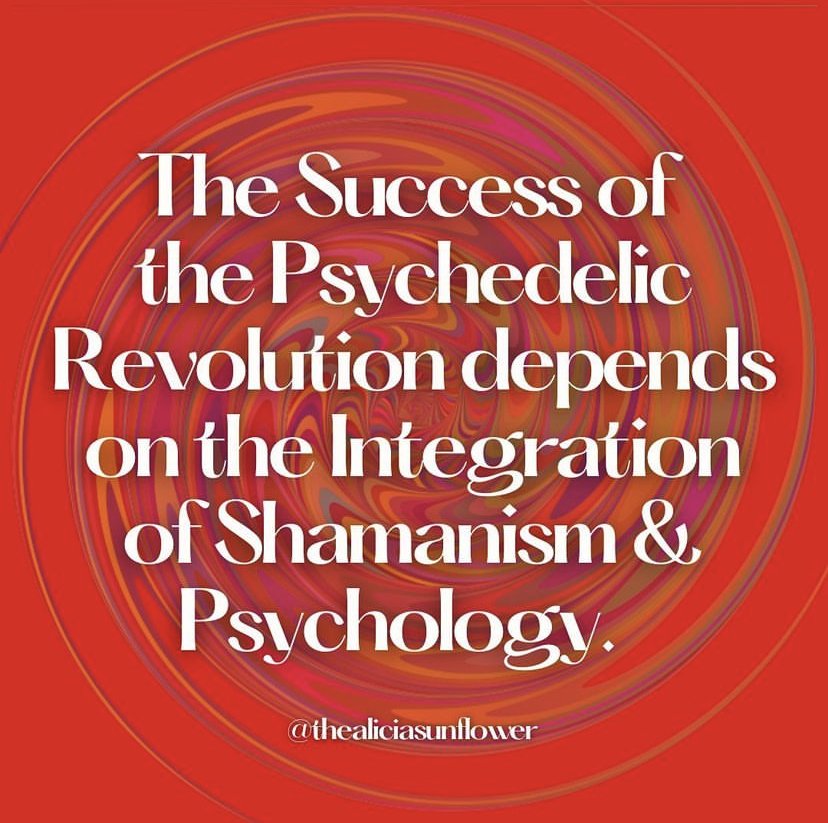Plant Medicine and Collective Ancestral Trauma Healing.
Plant medicine plays a pivotal role in healing our collective ancestral trauma.And the answer isn’t what you think.
Yes of course the experiences we have with psychedelic plant medicine can help us to reconnect to spirit, to our own souls, and to understand more about spiritual reality.
And yes, plant medicine can really bring up our trauma, and if we know how to work with it when it comes up (inside and outside of the ceremony) this can offer us a lot of healing.
But the reason that plant medicine is really going to help us to heal our collective ancestral trauma lies in the shamanic ceremony.
A very core root of our collective ancestral and cultural trauma is the dissociation that humanity by and large has had to its indigenous roots and shamanic way of life.
To be so disconnected to the truth of spirit, to the earth, to the bridge that the physical is to the spiritual, and to have forgotten a communal embodied way of living and understanding our deep interconnection with all of life—is our collective ancestral wound to heal.
It has been deeply throbbing pain in our collective make-up for countless generations.
As shamanic plant medicine ceremonies sweep through the West, a big part of what is calling people to these spaces is the deep desire within the post-colonial subconscious to remember and reclaim our shamanic way of life.
Not only are these medicines opening us up energetically and changing our perception of reality in a fundamental way, but the ceremony, ritual and culture of these ceremony spaces is helping us to remember what our ancestors have long forgotten.
Can Plant Medicine be the key?
How can these ceremonies be done in a good way?
1️⃣ Shamanic Facilitators from the West need to learn from, honor & acknowledge the indigenous wisdom keepers of the medicines & traditions they practice.
We continue the trauma & pain of colonization if we do not respect the indigenous who have been stewarding these medicines for millennia. They are the ones who have actually made it possible for humanity as a whole to access & heal with these medicines!
While ceremonies are evolving (as they would) let’s us not forget that it is the indigenous who are the the teachers of the shamanic way of life.
2️⃣ Shamanic Facilitators need to be trauma-informed.
We live in a world awash in traumas. From little t traumas, Big T traumas, complex traumas, inter-generational traumas, & the collective ancestral & cultural traumas that impact us all—trauma abounds.
It’s time for the Shamanic Facilitators to embrace the importance of being able to help the people who sit with them work with & heal their traumas on the levels of the mind, psyche & body, as well the spirit.
3️⃣ There needs to be more of an emphasis on perpetration & integration support.
The fact of the matter is that for the Western mind & body to sit with a psychedelic, especially in a shamanic container, is a huge departure from “normal reality.”
Helping participants to properly prepare, & integrate these experiences is essential not only for the well-being of the individual, but for the integrity of the cultures of New Earth we are building and the integrated global shifting of consciousness.
4️⃣ Shamanic Facilitators need to do their own inner work.
Medicine will always amplify what needs to be healed & it is up to the Shamanic Facilitator to take responsibility to address that on all dimensions. In this way they can become a more integrated, clear channel for their sacred work.
To not address the physical, psychological, relational, & sexual dimensions of their inner work is to create a cloudy, confused & messy channel. It’s a bypass & it does not support the highest good for themselves, those they serve, or the collective as a whole.
5️⃣ Shamanic Facilitators need to be exploring & integrating their own ancestral indigenous knowledge, practices & traditions into their work.
While their are many indigenous wisdom keepers who are readily sharing their traditions, methods, & medicines with the West, it is a very important part of our personal & collective ancestral trauma healing to do the work, for those in the West to reclaim the wisdoms of our own lineages.
This helps to heal our own bloodlines & completes the beautiful tapestry that is the is the shamanic ways of life of the Earth.
It is from here that we can truly weave shamanic cultures of the New Earth by integrating the fullness of our collective ancestral wisdom, while also giving way to the new cultures & traditions that are being created through the beauty of culture sharing, mixing, & co-creation in this modern age.
As a complex trauma survivor, trauma therapist, medicine woman and shamanic facilitator, and psychonaut, I am here to help support ceremonial plant medicine facilitators to integrate trauma-informed care and ethics into their sacred work.
I have an upcoming online training called Integrative Medicine Carriers that focuses on support Shamanic Facilitators in developing the foundations they need to become trauma informed and truly integrative!
Over 9 weeks we will cover
ETHICS: the cross cultural ethical code of right relationship, integrating counseling ethics, and the decolonization of medicine work;
SPACE HOLDING: how to hold safe and actively compassionate spaces, respond to mental or spiritual crisis, and an overview of key psychological theories and skills to integrate into medicine work;
TRAUMA-INFORMED CARE: understanding the neurobiology of trauma and the multidimensional impact of trauma, and learning skills and practices that are key to trauma-informed care;
PREPARATION & INTEGRATION: understanding the significance of these services, what to do and how to offer them including intake procedures and what to pay attention to in integration coaching.
LEADERSHIP: understanding the role that plant medicine facilitators play in the cultural Revolution, integrating the research and evolving ceremony in right relationship.




